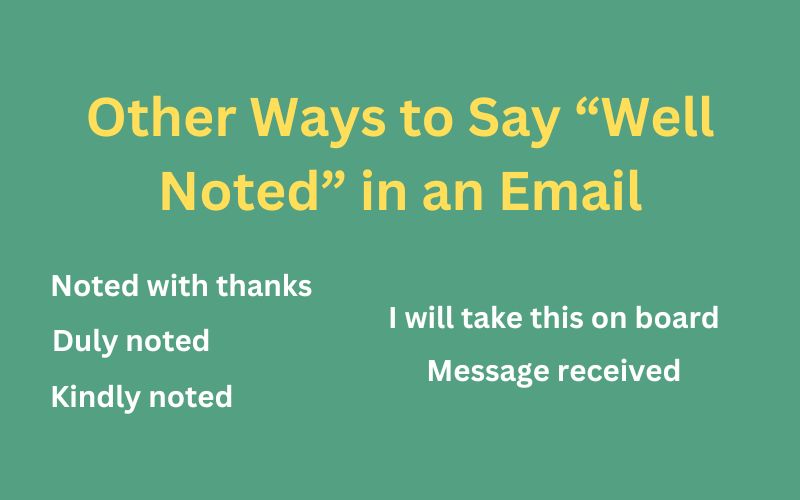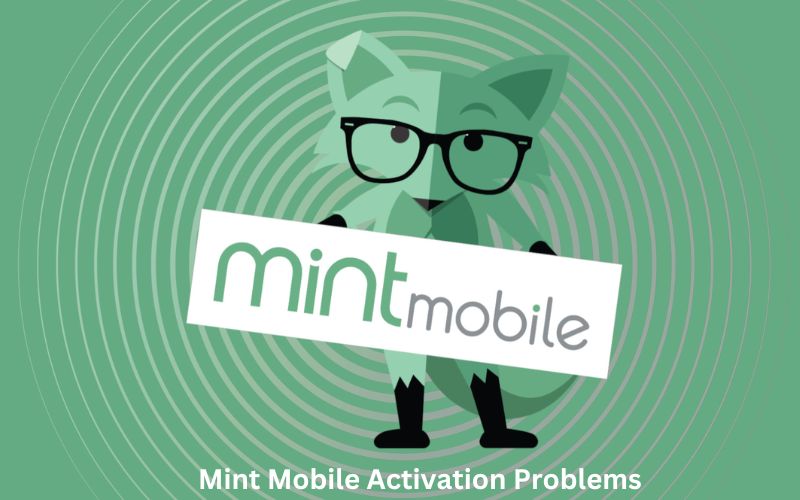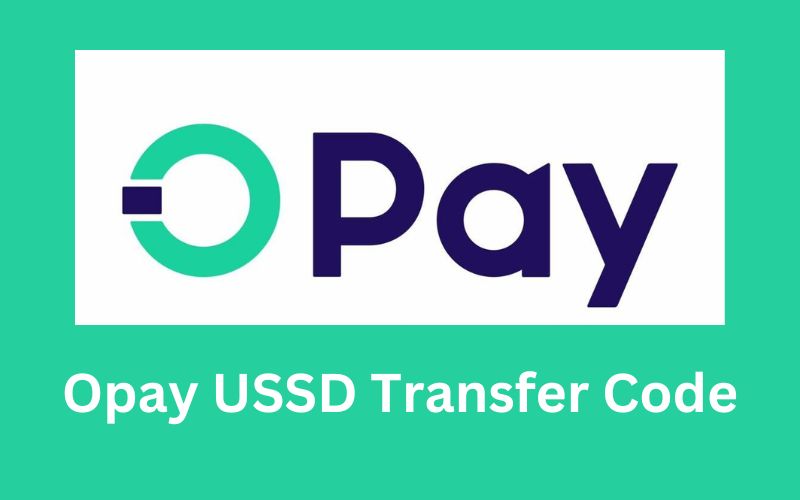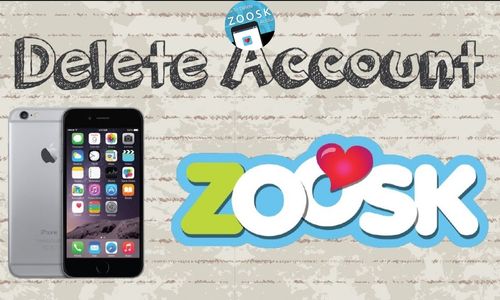You may notice that someone is highly regarded for something in emails. It’s critical to comprehend its meaning before making a mistake. When writing business correspondence, especially when the information pertains to scheduling or the specifics of a contract negotiation, this type of affirmative assurance is especially crucial. So, what are the other ways to say “Well Noted” in an email?
Establishing the practice of verifying that information has been received and understood is a good idea. This will facilitate the sort of confirmation of receipt that will come naturally.
About “Well Noted” Mean In Emails
Email recipients who receive and comprehend your previous correspondence are indicated by the phrase “well noted.” To make any necessary changes to the system, they will use the information you have given them.
When someone says “well noted” in response to your email, that’s generally a good sign. An appropriate way to say “noted” is “well noted.” English speakers sometimes have a tendency to send emails quickly and end them with “noted,” indicating that they have received them. An elegant way to say this is “well noted.”
Read more: Polite Ways to Say “I Appreciate It”
Other Ways to Say “Well Noted” in an Email
Verifying that you have received and comprehended messages is always a good idea, but in a business setting it is especially crucial. Written communication that occurs within organizations, between organizations, or between an organization and its clients is referred to as business correspondence.
The fact that business correspondence can have legal repercussions and is used as a historical record of business interactions distinguishes it from personal messaging.
Noted with thanks
Saying “noted with thanks” is a more polite way to let someone know that something has been understood and noted. This is a fantastic method to express gratitude for receiving good or useful information.
I have taken note of this
Alternatively, you could say, “I have taken note of this,” to indicate that something has been read, comprehended, and recorded. When decisions are being made regarding the matter at hand, this phrase serves as a clear confirmation that the information provided has been recorded in the appropriate location.
Duly noted
Something being “duly noted” denotes that it has been documented in accordance with the correct protocol. In this sentence, the adverb “duly” refers to “in the proper fashion.” The phrase typically indicates that information has been recorded correctly and in accordance with standard practice.
I will take this on board
The expression “I will take this on board” is a substitute for the nearly universally used phrase “well noted” in business settings. Oxford Languages defines “taking on board” as “fully considering or assimilation of a new idea or situation.” It basically serves as a means of informing the other person you are speaking with that you will now take into account the details they have shared as part of the larger context when you make particular decisions.
This will be taken into consideration
“This will be taken into consideration” is an additional phrase that can be used in place of “well noted,” which suggests immediate action. When something is said to have been “well noted,” it simply indicates that it has been duly noted. To let the person you are speaking with know that you will be carefully reviewing the details they have provided, you might find yourself searching for a different way to put it.
Read more: Professional Way To Say “Does That Work For You”
Kindly noted
“Kindly noted” is a simple substitute for “well noted,” which can be utilized to preserve a cordial exchange between the sender and the recipient. You can also say this the other way around if you think someone may have missed a crucial message or if you just want to call their attention to something while still expressing your best wishes.
Message received
Sending “message received” is a shorthand way to let someone know that you have received their communication. Even though this is a really short and effective way to let a coworker know that you received their email and that you understand what they’re saying, you should be careful not to use it in the wrong situation or it could come across as impolite.
I will make a note of that
When someone has told you something that could be crucial for future decision-making, you should use this instead of “well noted.” This implies that even though you are not in a position to draw any conclusions or make any firm statements.
Conclusion
The business world is getting more informal by the day. Coworkers typically address one another by their first names in the modern workplace. Additionally, it’s becoming more typical for business representatives to speak casually with clients. Nevertheless, formal language has its place and time. It is crucial that you avoid coming across as overly familiar too soon, particularly if you are writing to someone you haven’t met in person yet.





